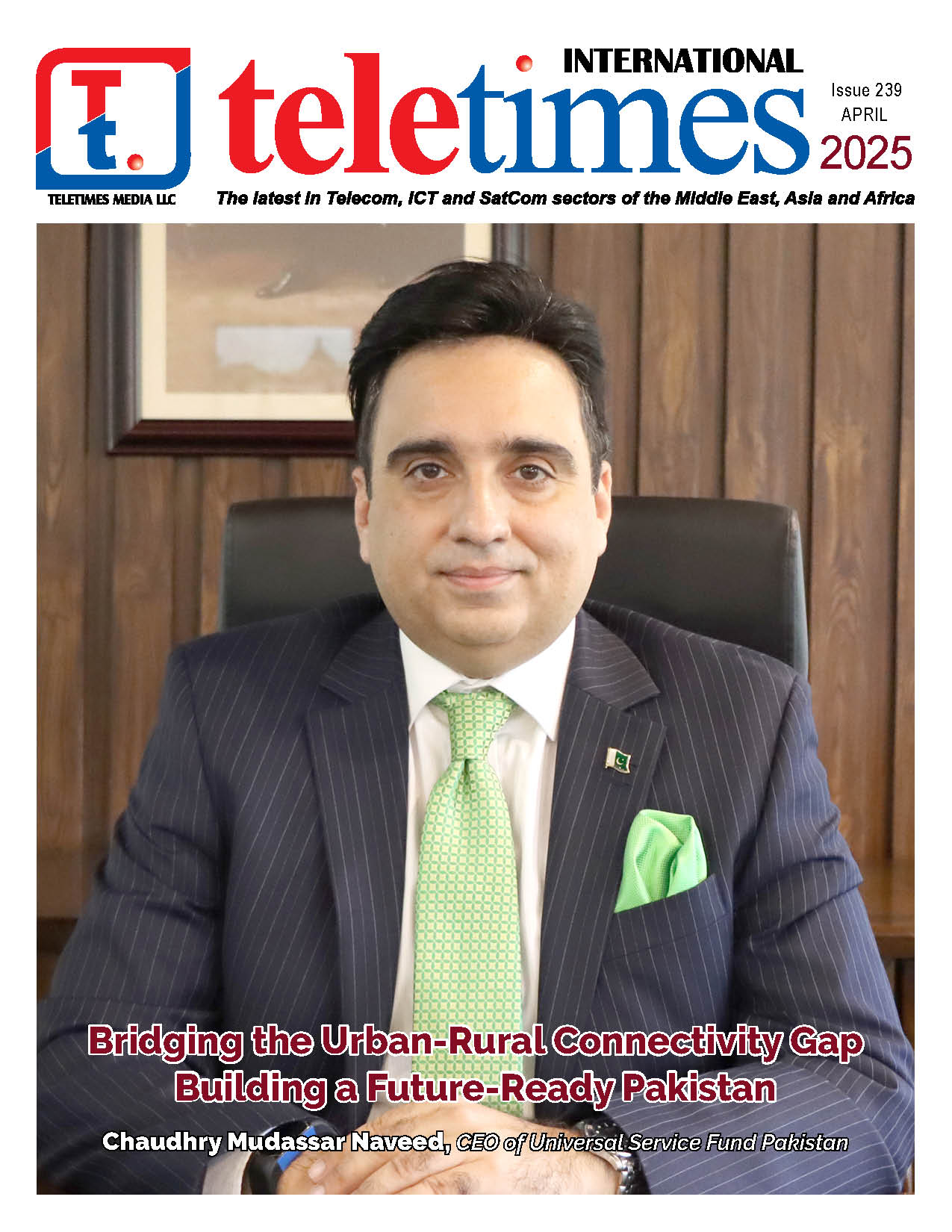By Fatima Naqvi
The Internet market of Pakistan is staging yet another issue of conflict between the PTCL, the incumbent operator and the Internet Service Providers. Before going into the details of the present contention, let’s explore the historic preview.
Broadband Internet made its entry in Pakistan in 2000 when a private operator launched HFC based broadband service in Karachi. This was followed by launch of the county’s first ever xDSL service in 2002. In 2004, a comprehensive national broadband policy was announced by the Ministry of IT setting targets for five years. The same very year, the regulator carried out market de-regulation where a number of operators acquired wireless broadband spectrum through open auction.
Interestingly, PTCL, the incumbent operator made a quite late entry into the Broadband services starting from the launch of its xDSL services 2007. This long awaited entry by the PTCL did brought several attractive offers for the subscribers such as increase in broadband coverage, massive reduction in broadband prices and improved competition.
The country observed another Broadband jump when wireless broadband services were made available in the last quarter of 2008 primarily over WiMAX technology. Here again, the incumbent operator awaited for observing some market maturity and launched a different wireless broadband technology, EvDO (Evolution-Data Optimized) in May, 2009. This introduction gave a further boost to broadband market showing a rapid adoption rate over the past 4 years or so.
PTCL with its position as incumbent operator holding the primary position for network infrastructure is presently holding the SMP (Significant Market Power) status for Broadband services with 827,000 xDSL and 435,000 EvDO subscribers, a total sum of around 1,250,000 broadband customers in a total country market of around 2,100,000 subscribers.
Soon after the introduction of ist xDSL service, PTCL was pointed out for showing anti-competitive behavior and denying the rights of private Internet Service Providers (ISPs) to install broadband DSL connections to their customers over PTCL’s copper line network.
In response to this Industry complaint, the regulator released a mutually finalized Standard Operating Procedure (SOP) for broadband services and Service Level Agreement (SLA) for Broadband bandwidth provision in August 2007. However, the Internet Service Provider Association (ISPAK) continued to complaint over their rights stating that PTCL while operating its own retail broadband DSL services is creating intended delays in Broadband connections of its competitor ISPs.
The present contention between the industry and the incumbent appeared in 2011 revealed by ISPAK that PTCL is illegally using the scare 3G spectrum for its wireless broadband services advertised as Evo Nitro by occupying 40 percent extra band of spectrum, not originally allocated to it by the regulator.
In response to the complaint, Frequency Allocation Board (FAB), the national body for enforcing use of wireless spectrum verified illegal use of spectrum by PTCL. Subsequently Pakistan Telecommunication Authority after conducting a series of hearings issued a determination against PTCL stating that PTCL was allocated frequency band of 1975-1980 MHz and 1895-1900 MHz for use of its CDMA/WLL services. However, PTCL was using 1975-1981.875 and 1895-1901.875 MHz thus occupying extra 3.75 MHz of band not originally allocated to them. A sum amount of PKR 82.496 million was imposed as a fine on company by PTA for alleged use of extra radio frequency spectrum for its Evo Nitro service.
The determinations was challenged by PTCL obtainting a temporary stay order in November 2011. According to PTCL, it has been using frequency spectrum in the 450MHz, 3.5GHz and 1900 MHz bandwidth allocated to it in 2004 through open auction process. The spectrum is legally owned by PTCL and all the services the company provides are within that frame work.
This anti-competative and illegal commecial practice by the incumbent operator is considered as slashing the investment made by private operators. The operators are of the view that in the long run PTCL will make their survival more difficult by pushing the market back into a state of monopoly.
The matter may also be referred and intervened by Competition Commission of Pakistan to stop the anti-competitive practices of PTCL and impose penalties for violating the Competition Ordinance, 2009. These conflicts between the industry and incumbent operator is also causing a state of fright among the broadband subscribers of Pakistan.
April 26, 2025











